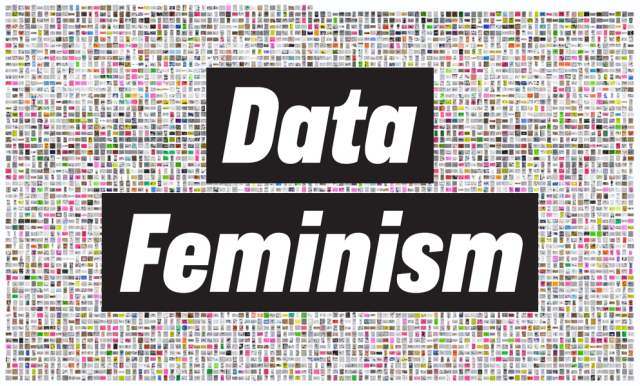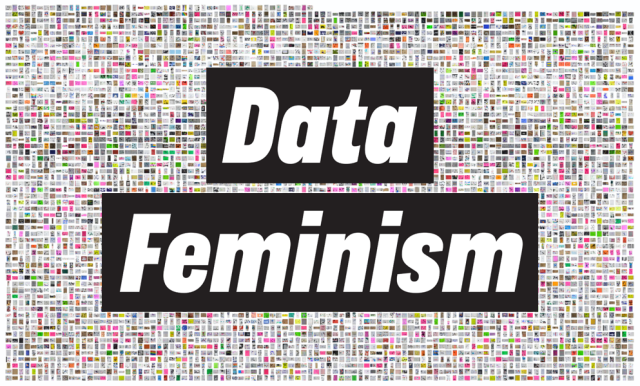These are some of the principles we're using to help us design and build the automated media network. These are not necessarily the principles of our network, but they are principles we use to frame our efforts. We feel that these approaches are valuable, worth promoting, and they help us understand our relationship with automated media.

The 7 guiding principles of data feminism:
- Examine power
- Challenge power
- Elevate emotion and embodiment
- Rethink binaries
- Embrace pluralism
- Consider context
- Make labor visible

The 10 principles of Burning Man
- Radical Inclusion
- Gifting
- Decommodification
- Radical Self-reliance
- Radical Self-expression
- Communal Effort
- Civic Responsibility
- Leaving No Trace
- Participation
- Immediacy

The First Nations principles of OCAP:
Ownership refers to the relationship of First Nations to their cultural knowledge, data, and information. This principle states that a community or group owns information collectively in the same way that an individual owns his or her personal information.
Control affirms that First Nations, their communities, and representative bodies are within their rights in seeking to control over all aspects of research and information management processes that impact them. First Nations control of research can include all stages of a particular research project-from start to finish. The principle extends to the control of resources and review processes, the planning process, management of the information and so on.
Access refers to the fact that First Nations must have access to information and data about themselves and their communities regardless of where it is held. The principle of access also refers to the right of First Nations’ communities and organizations to manage and make decisions regarding access to their collective information. This may be achieved, in practice, through standardized, formal protocols.
Possession While ownership identifies the relationship between a people and their information in principle, possession or stewardship is more concrete: it refers to the physical control of data. Possession is the mechanism by which ownership can be asserted and protected.
Finally here's our current position on AI ethics:
1. Decentralized and Democratic Control of AI: This approach emphasizes the management and control of AI systems by collectives or communities of users, rather than centralized corporations or governments. It advocates for democratic decision-making processes in the development, deployment, and utilization of AI, aiming for equitable distribution of AI's benefits.
2. Empowerment of Workers in AI Industries: This perspective underscores the importance of empowering workers in AI-related fields. This could involve the unionization of AI researchers and developers, collective bargaining for fair labor practices, and the equitable distribution of profits derived from AI technologies.
3. Resistance to Hierarchical Structures in AI Governance: This view advocates against the concentration of AI power and decision-making in the hands of a few dominant entities. It promotes a more egalitarian and participatory model of AI governance, challenging traditional hierarchical structures within the industry.
4. Promoting AI for Social Good: The focus here is on developing and using AI technologies primarily for societal benefits, such as addressing inequality, enhancing community welfare, and supporting environmental sustainability, rather than for the primary purpose of maximizing corporate profits or augmenting state power.
5. Ethical and Transparent AI Development: This approach stresses the importance of transparency, accountability, and ethical considerations in the development of AI. It involves ensuring that AI systems do not perpetuate biases or inequalities and that they respect user privacy and autonomy.
6. Community-Centric Approach to AI: This perspective centers on aligning AI development and deployment with the needs of communities, especially those that are marginalized or underserved by current technological advancements. It encourages community-led AI initiatives that are attuned to local issues and priorities.
This framework represents a forward-thinking approach to AI governance and development, prioritizing democratic control, worker rights, social equity, and ethical considerations. It presents an alternative to the prevalent models of AI development, which are often driven by centralized state and corporate interests.
